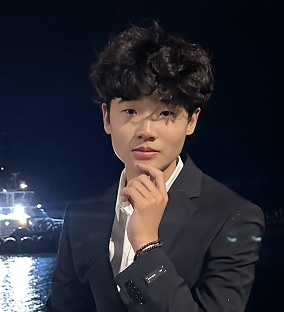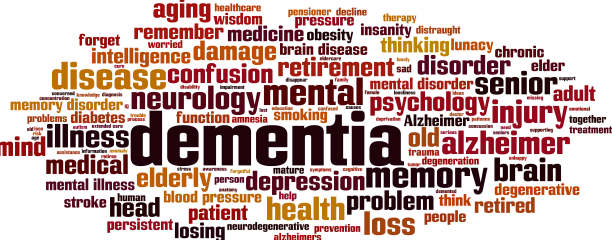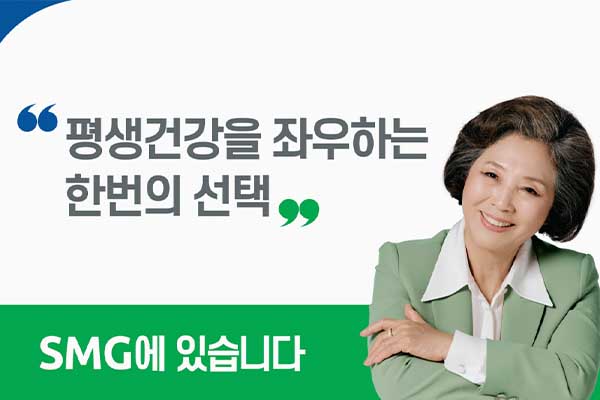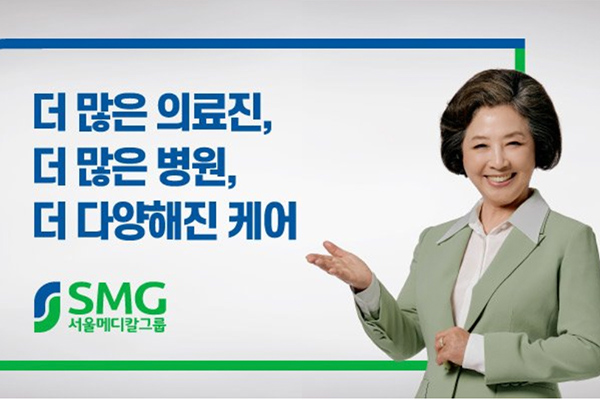
Today, our world is quickly changing and full of uncertainty. Among the many issues we face, dementia is a significant global health challenge. Dementia is a condition that slowly erodes memory and cognitive abilities, affecting millions around the globe. With projections indicating that 139 million people will be living with dementia by 2050, urgent and coordinated international action is imperative.

Disparities in Research and Resource Allocation
Despite the pivotal role of research and development (R&D) in combating dementia, there are significant disparities in resource allocation globally. In countries such as the United States, organizations such as the Alzheimer’s Association and legislative initiatives from the National Alzheimer’s Project Act have significantly increased research funding, leading to advancements in care, prevention, and potential cures. However, many LMICs lack the necessary funding and infrastructure to conduct comprehensive dementia research and provide adequate care.
To bridge this resource gap, international collaboration is essential. High-income countries with advanced research capabilities should support initiatives in resource-limited regions, sharing knowledge, technology, and funding to help build local research capacity. Emerging areas of research, such as the use of biomarkers for early diagnosis and the application of Artificial Intelligence in dementia care, showcase the potential of R&D to transform our approach to this global health challenge. The World Health Organization’s Global Dementia Observatory platform illustrates such collaboration by facilitating the exchange of information internationally.
The Role of Data and Technology
Effective dementia care and management hinge on the availability of robust data collection and sharing mechanisms. The GDO platform serves as a vital tool for collecting data on dementia prevalence, care, and support across different regions. However, inconsistencies in data collection methods across countries underscore the urgent need for standardized approaches.
Standardizing data collection and sharing across borders is crucial for addressing disparities in dementia care systematically. The role of technology in enhancing data collection and analysis cannot be overstated. A.I. and big data analytics offer promising avenues for processing vast amounts of information, identifying patterns, and generating insights that can inform policy and practice.
 Policy and Human Rights in a VUCA World
Policy and Human Rights in a VUCA World
In a Volatility, Uncertainty, Complexity, and Ambiguity (VUCA) world, policy development for dementia care needs to be adaptable, collaborative, and inclusive. The European Dementia Monitor 2020 provides a comprehensive analysis of the experiences of dementia patients, their families, and caregivers across Europe, focusing on care, health, research, policy issues, and human rights.
National dementia plans, as seen in countries such as Germany and France, demonstrate the importance of government-led initiatives in supporting dementia prevention and treatment. These plans often include provisions for early diagnosis, access to care, and support for caregivers, highlighting the critical role of government policy in shaping the quality of dementia care.
Scotland’s third National Dementia Strategy provides an inspiring example of successful policy implementation. Focused on improving the quality of care for people living with dementia and their families through a human rights-based approach, this strategy led to significant improvements in early diagnosis rates and post-diagnostic support.
However, despite such advancements, dementia patients in the world continue to deal with significant discrimination and disparities in access to care. Nearly 40% of patients with dementia report not only feeling lonely or isolated due to social stigma, but also many experience unequal treatment in healthcare settings, where their symptoms are often misunderstood or ignored.
These challenges are illustrated in LMICs, where fewer than 10% of dementia patients have access to specialized care. In contrast, high-income countries such as the United States boast over 600 dedicated memory care facilities and extensive networks of specialized centers, demonstrating the stark global inequalities in dementia care infrastructure.
Human rights and legal protections for dementia patients are critical components of policy development. Addressing issues such as discrimination, access to care, and support for caregivers requires a robust human rights framework and international collaboration to establish legal protections that transcend national boundaries. Thus, by leveraging the resources and expertise of both government agencies and private sector organizations, countries can develop more comprehensive and effective approaches to dementia care. International collaboration is particularly important in connecting the gap between high-income countries and LMICs, ensuring that advances in care and treatment are accessible to all.
Public Awareness, Education, and the Power of Community
Public awareness and education are essential components of the fight against dementia. An informed public can support better policies, provide research initiatives, and create a more inclusive society for those affected by dementia.
Education campaigns must focus on correcting misconceptions about dementia, promoting early diagnosis, and encouraging community support for dementia patients and caregivers. The “Dementia Friends” initiative in the United Kingdom has trained over 3 million people to become Dementia Friends, creating a more supportive and understanding environment for those living with dementia. This program has been replicated in other countries, showcasing the potential of targeted awareness campaigns to drive social change.
Increased public awareness also plays a crucial role in preventing dementia. While not all cases of dementia can be prevented, adopting a healthy lifestyle, engaging in regular physical exercise, and maintaining mental engagement have been shown to reduce the risk of developing dementia.
Education must also extend to healthcare professionals, ensuring they have the knowledge and skills to provide high-quality dementia care. However, there is a significant disparity in the availability of trained healthcare professionals between high-income and LMICs.
For example, in the United States, there are thousands of specialists, including neurologists and geriatricians, who are trained to diagnose and manage dementia. In contrast, the LMICs face a severe shortage of such professionals. For instance, in Sub-Saharan Africa, despite the 367,000 new dementia cases arising each year, there is less than one specialist in geriatrics per million people, and not even an “equivalent term for dementia” was identified in any local languages.
The role of digital media and social networks in spreading awareness and combating stigma cannot be overlooked. These platforms offer unprecedented opportunities to reach diverse audiences, share personal stories, and disseminate accurate information about dementia. By harnessing these technology tools, education initiatives can bridge the gap between regions with varying levels of healthcare expertise and make sure that more communities worldwide gain access to the knowledge necessary for high-quality dementia care.
Toward a Global Dementia Response
The disparities in dementia care and support across different regions highlight the urgent need for international collaboration and a commitment to protecting the rights of those affected by this ceaseless disease. As the global population ages and the prevalence of dementia increases, we must act swiftly and decisively to address the inequalities that exacerbate the impact of this condition.
By combining efforts across research, policy, and education, the global community can collaborate towards a more equitable future for all those impacted by dementia. By fostering international cooperation, leveraging technological advancements, and prioritizing the needs of dementia patients and their caregivers, we finally can create a world where everyone affected by dementia has access to high-quality care, support, and dignity to care for the patient and their family to enhance the world to make the better place than today.
<Jaymin Park Student Reporter>Palos Verdes High School jpola0412@gmail.com
A deeply structured, globally minded article—insightful and compassionate in equal measure.







